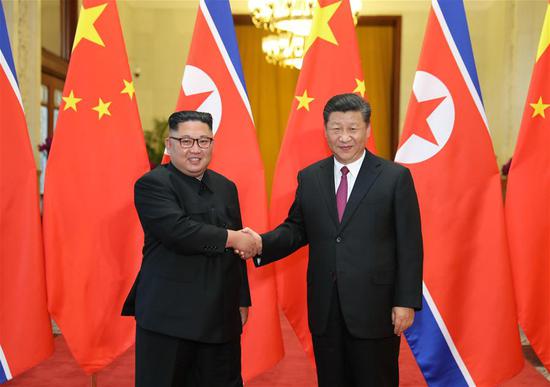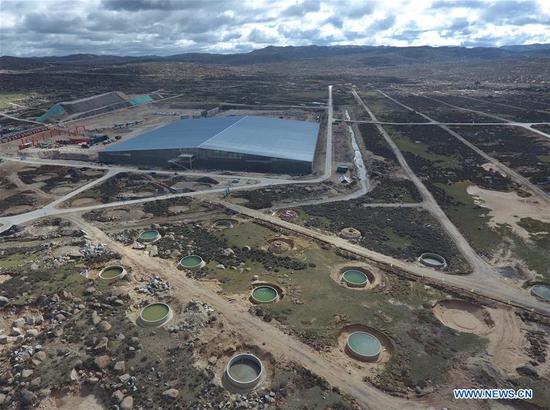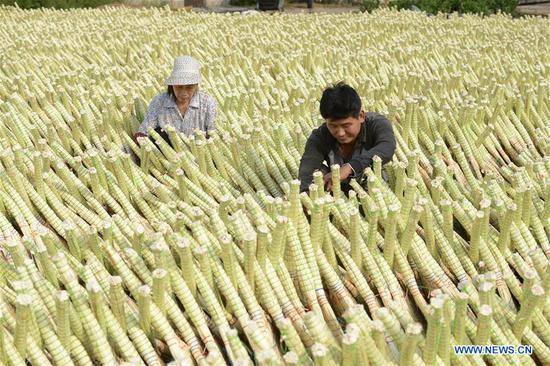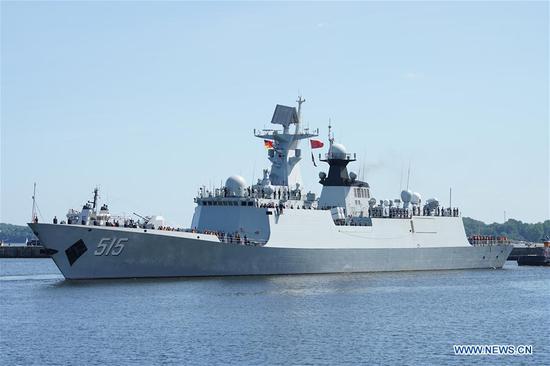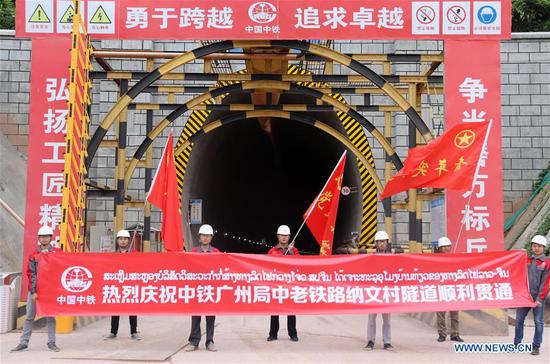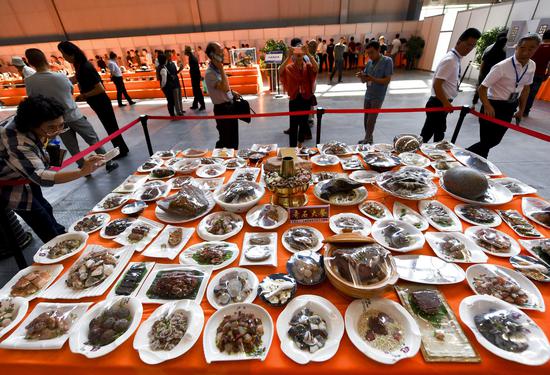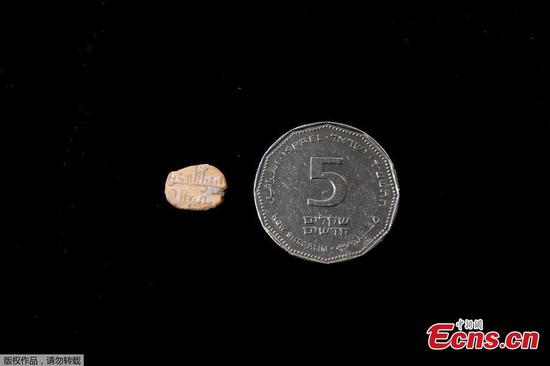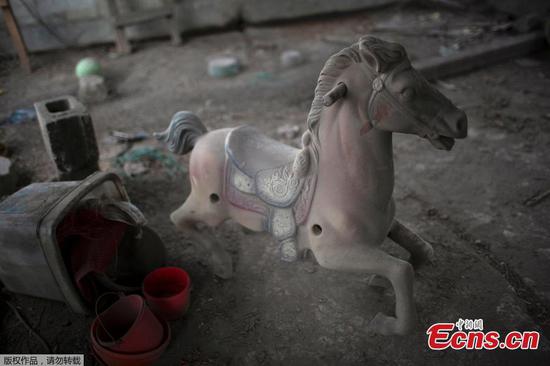China will "fight back firmly" with comprehensive "qualitative" and "quantitative" measures if the United States publishes an additional list of tariffs on more Chinese goods, the Ministry of Commerce said on Tuesday.
The U.S. practice of "using maximum pressure and blackmail" goes against the consensus reached by the two nations on multiple occasions and has utterly disappointed the international community, the ministry said in a statement.
The Trump administration threatened to slap a 10 percent tariff on $200 billion worth Chinese imports on Monday, after announcing hefty tariffs on $50 billion in made-in-China products, escalating a trade dispute that has put markets and businesses on edge.
The ministry's description of a combination of "quantitative and quality measures" under consideration indicates that the trade war will enter a new stage, experts said. While countermeasures are less likely to hit products worth billions of dollars, what is more important is the quality and effectiveness of the measures, said Xue Rongjiu, deputy director of the Beijing-based China Society for WTO Studies.
The needs of China and the U.S. are not contradictory, given that the U.S. wishes China to further open its market access while China focuses on upgrading its industrial structure and improving its position in the global value chain, said Sang Baichuan, director of the Institute of International Business at the University of International Business and Economics in Beijing.
"The U.S. has totally ignored the fact that China already agreed to purchase more U.S. products and pledged to further expand market access for global enterprises," Sang said.
Ma Yu, a senior researcher at the Chinese Academy of International Trade and Economic Cooperation in Beijing, said, "If the trade war continues, it will make goods produced by both countries less competitive and cause large-scale job losses."
"Each side wishes the other side to back away first. But if nobody does, their losses will continue."
Li Daokui, an economist at Tsinghua University and former Chinese central bank monetary policy committee member, said U.S. economic problems go far beyond its trade deficit.
The Trump administration needs to be farsighted and address some of its fundamental issues over the long run, Li said.
Bruce Blakeman, vice-president for the Asia Pacific region of Cargill Inc, the U.S. agricultural conglomerate, said the corporation is deeply concerned by Washington's actions in issuing tariffs on Chinese products based on Section 301 of the Trade Act of 1974.
The impact of the trade conflicts "will lead to serious consequences for economic growth and job creation and hurt those that are most vulnerable across the globe", Blakeman said.
U.S. automakers, for whom China is a key growth market, are also likely to be hit by bruising tariffs.
Wei Jianguo, former vice-minister of commerce, said once such a move took effect, it would further push U.S. automobile manufacturers out of the Chinese market, after the biggest share of the Chinese medium and high-end market already has been taken by vehicles from Germany, Sweden, France and Japan.
U.S. automakers may miss a golden chance to expand their footprint in China if the Trump administration sticks to trade protectionism and keeps destroying free trade, Wei said.










